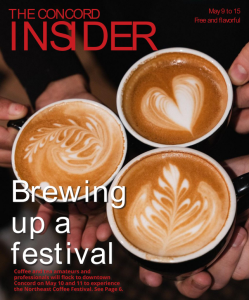Last week, the article about how difficult it is for snowshoe hares to stay camouflaged in a snowless winter had this sentence: “When they are wearing all white while the landscape is not yet covered with snow makes them extra vulnerable.” Despite its length, this actually isn't a complete sentence, for it has no subject.
Yes, there are two combinations of subject and verb (“they are wearing” and “landscape is not yet covered”), but they are in subordinate clauses. The verb of the main clause is “makes,” and it has it has no accompanying subject.
People who feel that the sentence doesn't sound good, to use the phrase uttered by countless generations of students to explain objections to grammar and syntax, would probably toss the word “it” in front of “makes,” and then add a comma after “snow.”
But what does “it” refer to in this case? Surely it means the condition of having a white coat. That being so, here's a simpler improvement: “Wearing all white while the landscape is not yet covered with snow makes them extra vulnerable.”
What I have done, for those of you who like to know the terminology, is convert “wearing” into a gerund, a special verb form which functions as a noun – in this case as the very subject which “makes” lacked. We use gerunds all the time as subjects (“Traveling to other lands is educational.”) and as objects (“I like skiing.”), and the sentence about snowshoe hares is a perfect place for one.





















